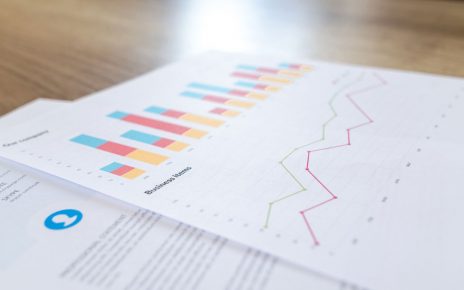- Data on Friday revealed a contraction in US manufacturing in February.
- The euro gained because underlying Eurozone inflation remained persistently high.
- Ueda said it was too early to say that Japan’s inflation would reach the 2% target.
Currency futures rose on Friday as the dollar fell after weaker-than-expected data on US manufacturing. However, unlike other currencies, the yen fell due to dovish remarks from BoJ Governor Kazuo Ueda.
US manufacturing activity (Source: ISM)
Data on Friday revealed a contraction in US manufacturing in February. Additionally, factory employment fell to a 7-month low. The manufacturing sector in the US accounts for 10.3% of the economy. Therefore, such a contraction shows a slowdown in the economy, a sign that high interest rates are impacting the economy. Moreover, construction spending fell in January.
After the data, Goldman Sachs trimmed their GDP estimate for Q1 from 2.4% to 2.2% growth. A weaker economy might push the Fed to cut rates and avoid a recession. Additionally, weaker economic demand is a sign that high interest rates are having the intended impact of lowering inflation.
Meanwhile, the euro gained due to the dollar’s weakness on Friday. Moreover, data revealed that inflation in the Eurozone is easing. Still, the euro gained because underlying inflation remained persistently high. As a result, the ECB will be in no hurry to cut interest rates until core inflation shows clear signs of a downtrend.
Similarly, Bank of England chief economist Huw Pill said he did not expect the BoE to cut interest rates soon in the UK. He said there was still no clear sign that underlying inflation was under control. These comments saw the pound rise on Friday amid a decline in rate-cut bets. Currently, markets expect the first BoE rate cut to come in August. Moreover, Pill said that monetary policy could remain restrictive even after the central bank starts cutting interest rates.
The outlier on Friday was the yen, which fell against the dollar. This decline came after BoJ governor Kazuo Ueda said it was too early to say that Japan’s inflation would reach the 2% target. This means that the Bank of Japan will need more time to assess incoming data and the outlook for wages in the country. The BoJ is keen to see an increase in wages in the country, as it would show rising inflation. Therefore, investors will keep an eye on negotiations by big firms and unions on wages in Japan.





